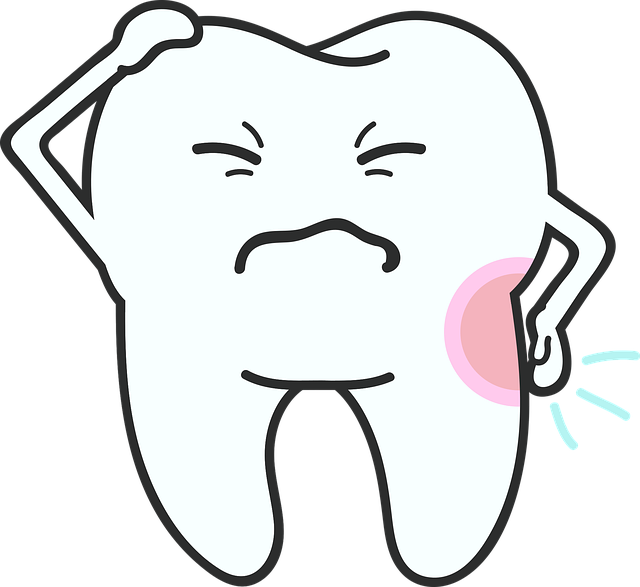Do you wince when you take a sip of cold water or indulge in a scoop of your favorite ice cream? Many people experience that sharp, uncomfortable sensation in their teeth when they consume cold or frozen treats.
This phenomenon, known as tooth sensitivity, occurs due to various factors that affect the protective layers of your teeth. In this blog, I’ll dive into the reasons behind this sensitivity and explore ways to manage it.
The Culprit: Dentin Hypersensitivity
Ever wondered why your teeth react so strongly to cold stimuli? The answer lies in a condition called dentin hypersensitivity. Your teeth are made up of several layers, with enamel being the outermost protective layer. Beneath the enamel lies dentin, a porous tissue containing tiny tubules that connect to the nerve endings within your tooth’s pulp. When the enamel wears down or the gums recede, these tubules can be exposed, leading to sensitivity.
Factors Contributing to Tooth Sensitivity:
1. Thin Enamel
Everyday actions like vigorous brushing, teeth grinding, and consuming acidic foods and drinks can wear down the enamel over time, leaving the sensitive dentin exposed.
2. Gum Recession
Receding gums can uncover the roots of your teeth, which lack the protective enamel layer and are more sensitive to temperature changes.
3. Dental Issues
Cracked teeth, chipped teeth, and cavities can compromise enamel integrity, causing discomfort.
4. Acidic Diet
Frequent consumption of highly acidic foods and beverages can erode enamel, exacerbating sensitivity.
Managing Tooth Sensitivity:
Fortunately, there are several steps you can take to manage tooth sensitivity and enjoy your cold treats with less discomfort:
1. Desensitizing Toothpaste
Opt for toothpaste designed specifically for sensitive teeth. These toothpaste varieties help block the exposed tubules, reducing sensitivity over time.
2. Gentle Brushing
Use a toothbrush with soft bristles and adopt a gentle brushing technique. Abrasive brushing can further wear down enamel and worsen sensitivity.
3. Mind Your Diet
Limit your intake of acidic foods and drinks to protect your enamel from further erosion.
4. Protection at Night
If you’re prone to teeth grinding, consider wearing a mouthguard at night. This can safeguard your teeth from additional damage and sensitivity.
5. Maintain Oral Hygiene
Regular brushing, flossing, and professional dental cleanings are essential to prevent enamel deterioration.
Experiencing tooth sensitivity when consuming cold water or ice cream is a common issue caused by factors like thin enamel, gum recession, and dental problems. By practicing good oral hygiene, using desensitizing toothpaste, and taking preventive measures, you can reduce and manage this discomfort.
Remember, consulting a dentist is crucial for a proper diagnosis and personalized advice. They can identify the underlying cause and recommend suitable treatments, such as dental bonding, fluoride applications, or, in severe cases, surgical gum grafts.
So, if you fully understand your tooth sensitivity, you’re ready to enjoy a cold snack. Welcome to Ice Land!

